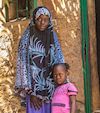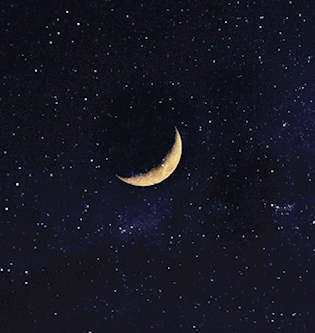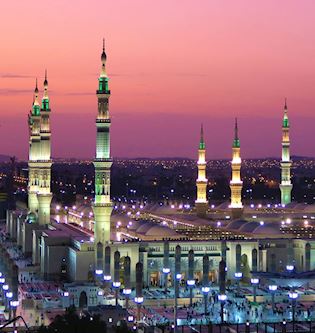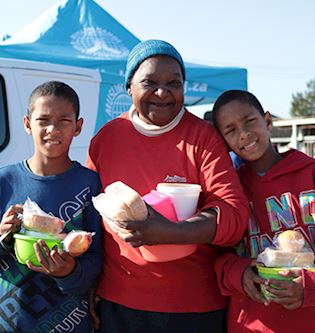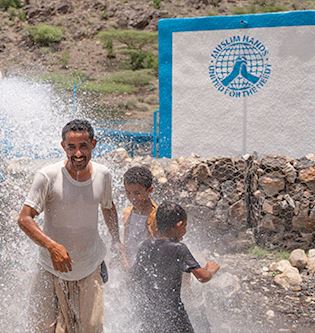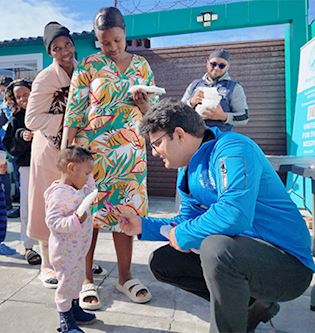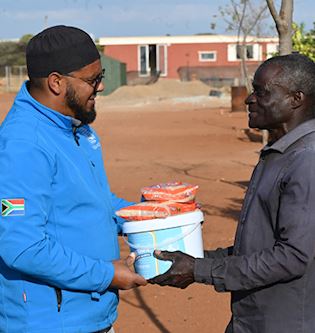The Significance of the Day of Arafah
*The different spellings of 'Arafah/t in this article are intentional. 'Arafah is singular, referring to the day of Arafah and 'Arafat' is the plural, referring to the 'Plains of Arafat'.
What is the Day of Arafah?
The Day of Arafah is the best day of the Islamic year and falls on the ninth day of Dhul Hijjah. On this day, millions of Muslim pilgrims usually travel to the Plains of Arafat, where they read their Dhur and Asr combined, and then spend the entire day praying to Allah SWT and making Dua.
The day of Arafah is the most significant day of all the days of Hajj, where pilgrims stand on the plains until Maghrieb facing Qiblah, repenting for their sins and seeking forgiveness from Allah SWT. Without this ritual, Hajj would be incomplete.
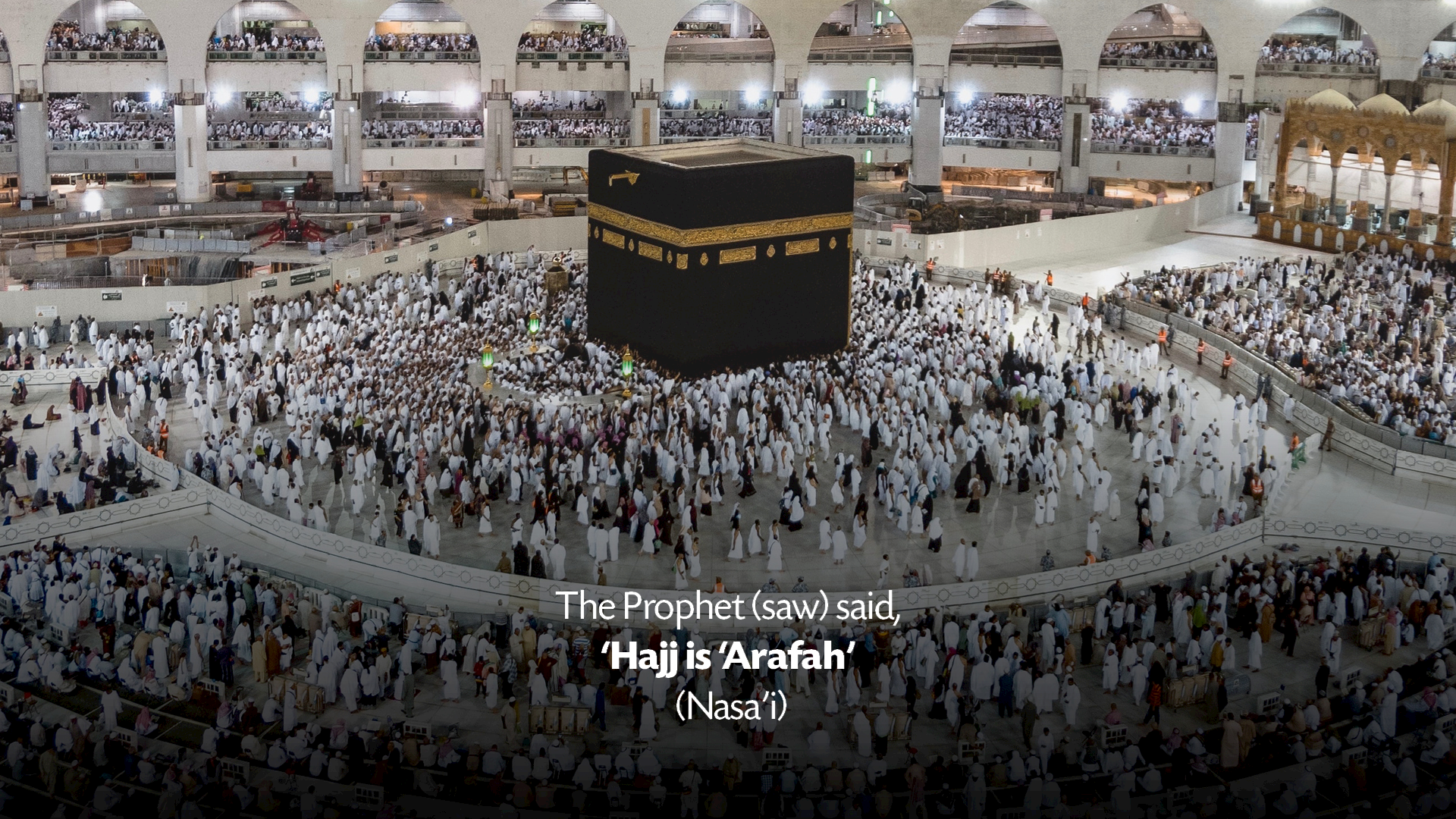
The day of Arafah is the pinnacle of the first ten days of Dhul Hijjah just like how Laylatul Qadr is the pinnacle of the last ten nights of Ramadan. Therefore, we should intensify our efforts to please the Almighty during the first ten days of Dhul Hijjah just as we increased our Ibadah and gave charity on the last ten nights of Ramadan.
Why is the day of Arafah so important?
Firstly, it is a day when our sins, both major and minor are forgiven by Allah's SWT infinitive love and mercy. For those standing on the Plains of Arafat, any sins they have committed are completely erased and they emerge from the Hajj with the same purity and innocence of a newborn baby.
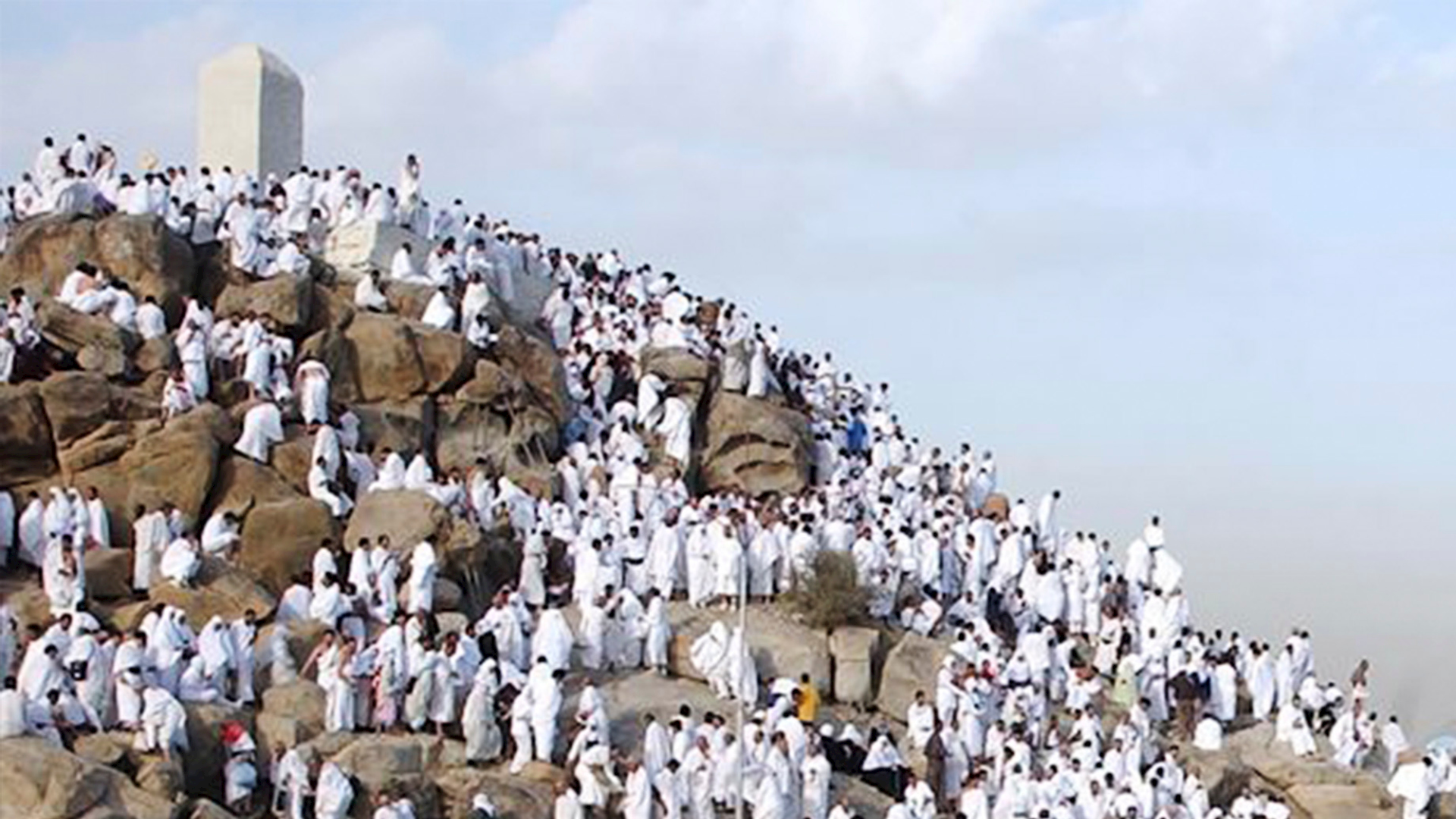
The Prophet (saw) said, "There is no day on which Allah SWT frees people from the fire more so than on the day of Arafah." [Muslim]
Even though we may not be standing on the Plains of Arafat this year, it would be a wasted opportunity if we do not spend the day of Arafah, trying to be of those whom Allah SWT forgives.
Secondly, the day of Arafah is when the religion of Islam was perfected. The final verses of the Quran were not revealed yet, but Allah SWT sent down the ayah below on the day of Arafah.
It was reported from Umar ibn al-Khattab (ra) that a Jewish man said to him,
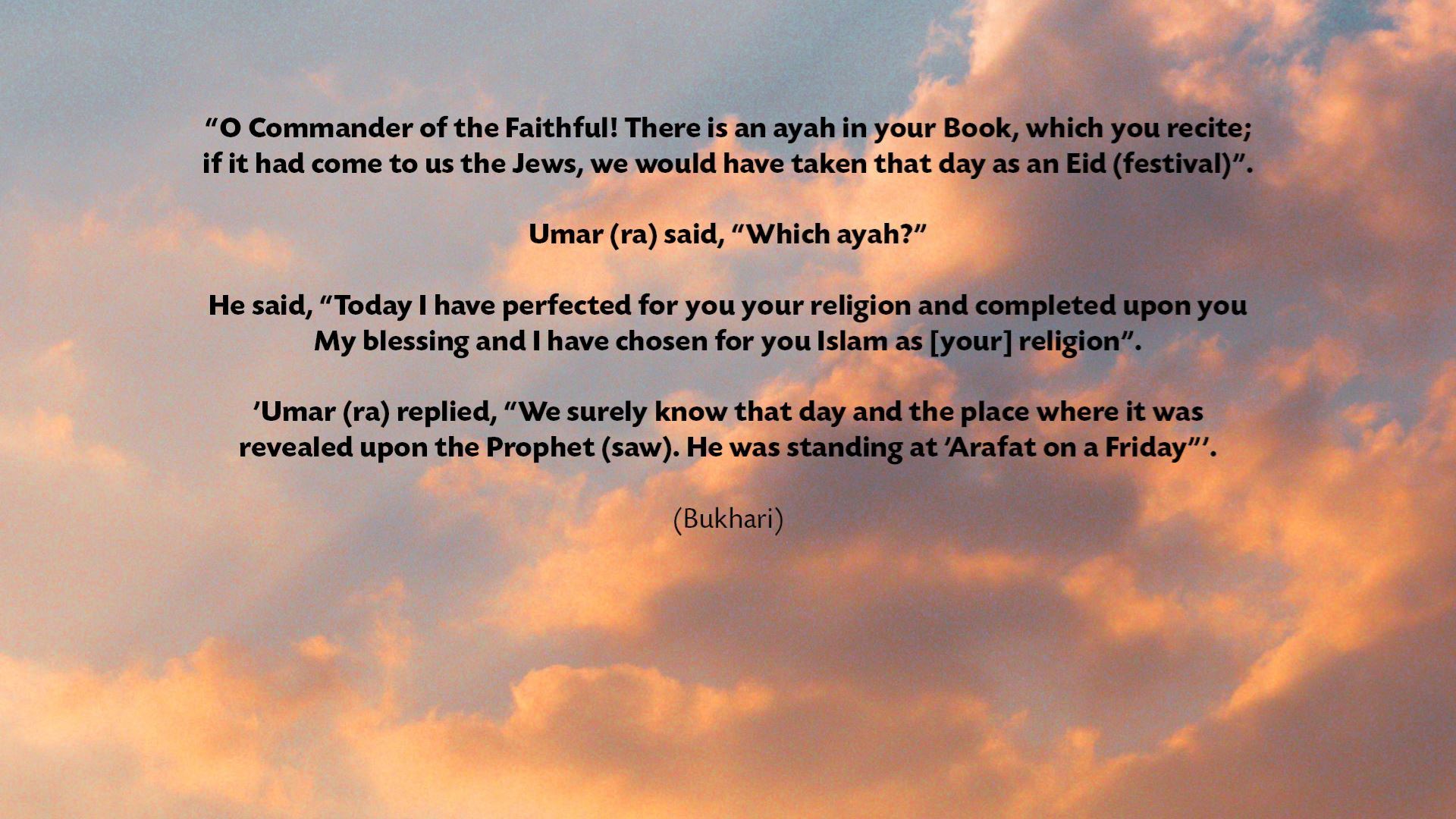
The fact that Allah SWT chose the day of Arafah to reveal this verse makes it a blessed day, and we should maximise our efforts to draw closer to Him on this day.
What should I do to make the most of the Day of Arafah?
There are plenty of opportunities to reap immeasurable rewards on this blessed day. When making your duas, you should not neglect to make this one:
لا إله إلا الله وحده لا شريك له ، له الملك ، وله الحمد ، وهو على كل شيء قدير
‘La Ilaha Ill-Allah Wahdahu La Sharika Lahu, Lahul Mulku Wa Lahul Hamdu, Wa Huwa Ala Kulli Shai’in Qadir’
(There is nothing that deserves to be worshiped in truth except Allaah, He is Alone and has no partner, to Him belongs the dominion and to Him belongs all praise, and He is All-Powerful over all things).
It is recommended for those who are not on the Plains of Arafat to fast on this day as the Prophet (saw) said, ‘It (fasting on the Day of ‘Arafah) expiates the sins of the past year and the coming year’. (Muslim).
How can I earn the reward of being on Hajj but while I am at home?
Allah (SWT) has been extremely merciful to give us the reward of Hajj when completing certain acts of worship.
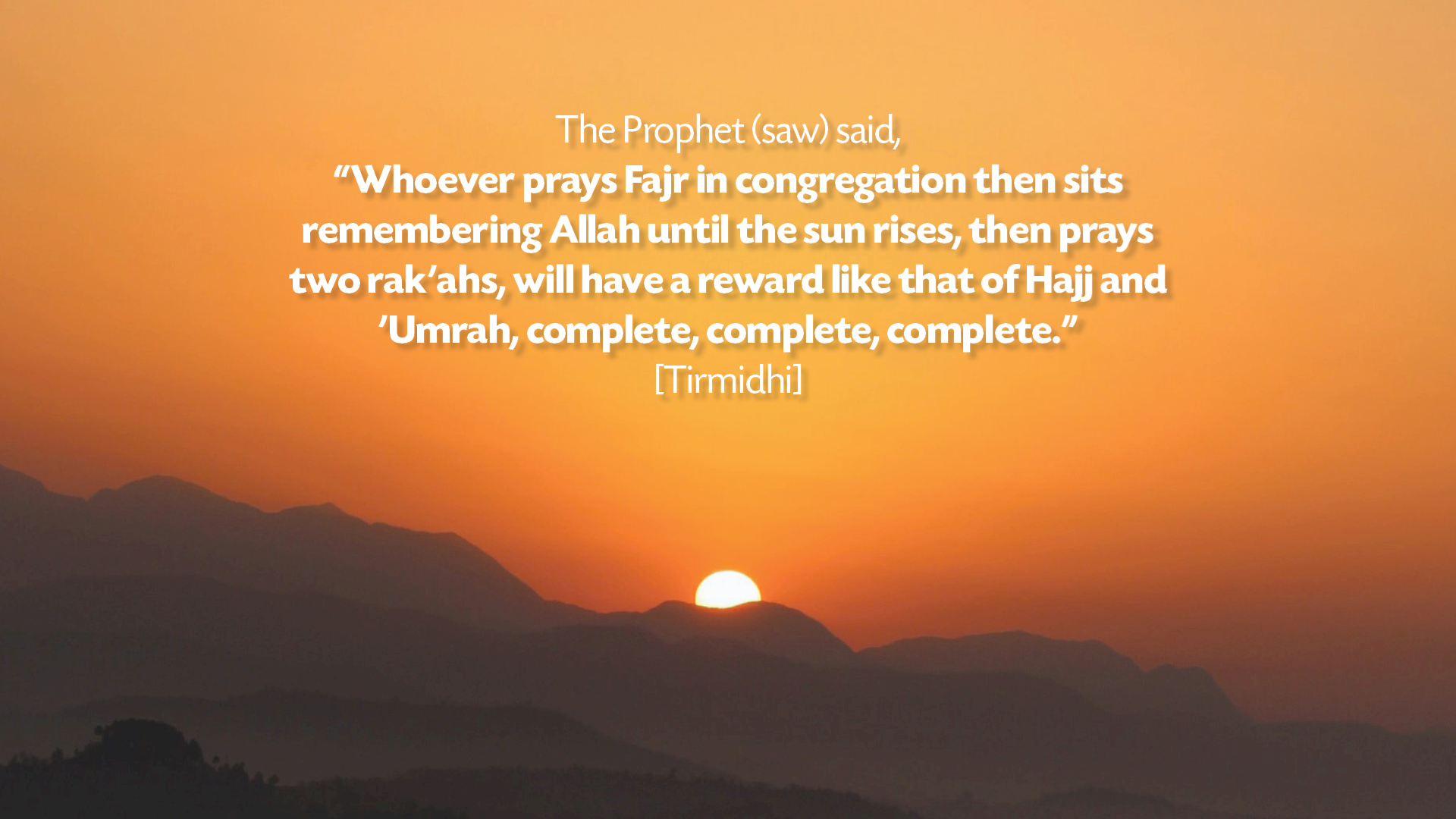
We can earn the reward of performing Hajj by performing this one simple action every day. However, we should not become complacent, as doing these actions regularly does not mean you are now exempted from performing Hajj and Umrah altogether. The physical acts of saving money, traveling long distances, and undertaking physical, emotional, and spiritual hardships still carry infinite rewards and Hajj is still fardh on the person who has the means to undergo this journey.
Other ways that you can earn the rewards of Hajj at home include:
- Attending the mosque to learn or teach good acts.
- Perform Wudhu at home and then go to the mosque for obligatory prayer.
- Perform the Jumuah prayer
- Perform the Eid prayer
- Be good to your parents
- Fulfill the needs of your brother or sister by giving to charity.





